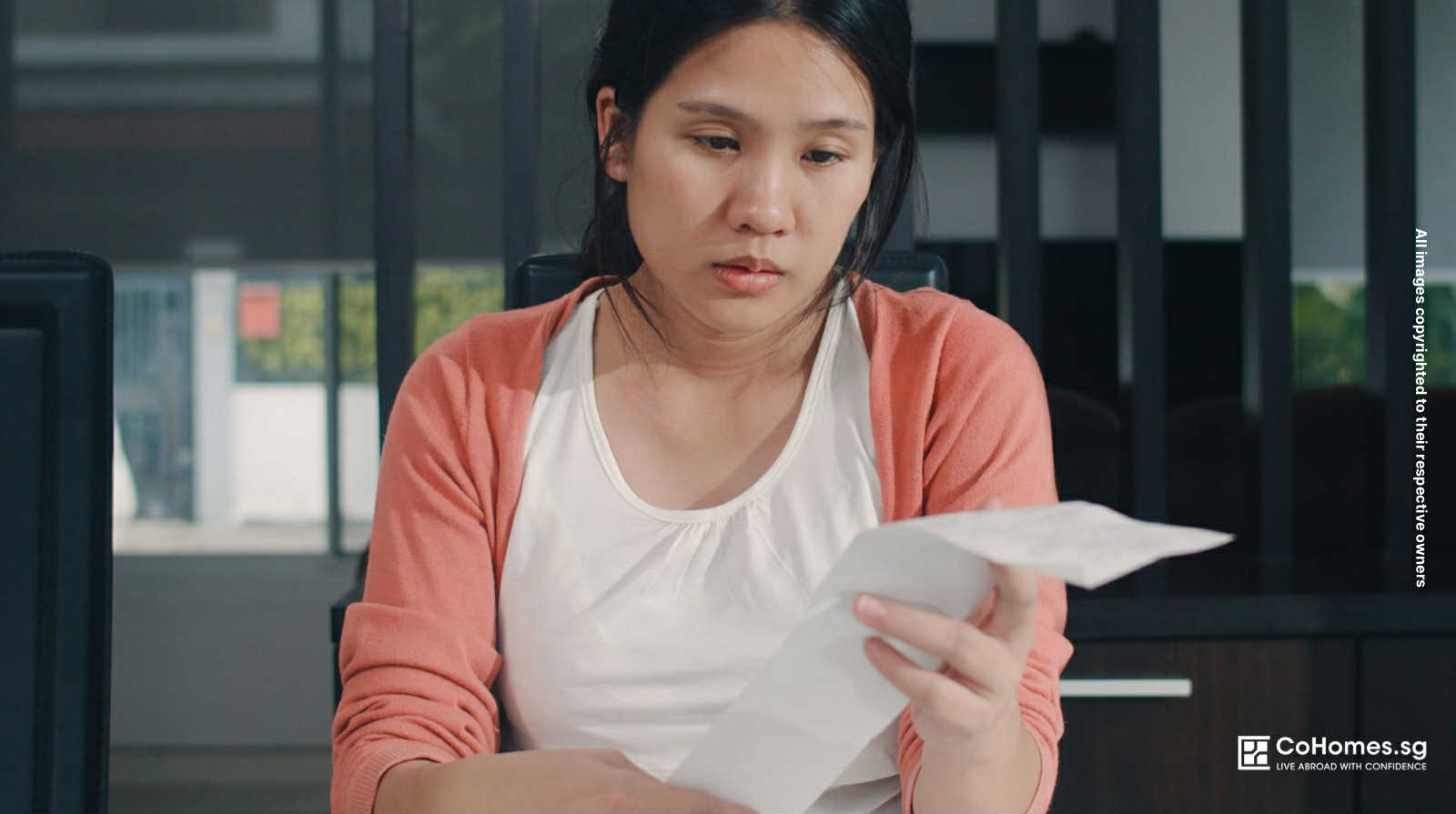Avoid bill shock with this breakdown of how utilities work in Singapore rentals.
You’ve found the perfect rental, moved in, and just when things settle—boom, your first utility bill arrives, and it’s way more than expected. If you've ever wondered “Wait, I thought that was included?”, you're not alone.
Understanding utility clauses in your rental agreement can save you from financial surprises and awkward chats with your landlord.

🧾 1. Utilities Can Be Included, Capped, or Fully on You
Rental agreements in Singapore generally fall into three categories when it comes to utilities:
- Fully Included: Some rentals (often co-living spaces or serviced units) include all utilities in the rent—like electricity, water, gas, and Wi-Fi. Easy breezy.
- Capped Usage: Others include utilities only up to a certain limit—say, $100/month. Go over that, and you’ll need to pay the extra.
- Not Included at All: In many private rentals, you’re responsible for setting up and paying utilities on your own. That means opening an SP Group account for electricity and water, and possibly arranging Wi-Fi or gas separately.
If you’re unsure, always ask what’s included—and get it in writing.
🔌 2. What Do “Utilities” Actually Cover?
When landlords mention utilities, they might not be referring to everything. At minimum, it often means electricity and water. But gas, internet, and even things like regular aircon servicing may or may not be part of the deal.
For example, aircon servicing is often required every 3–4 months, and some leases expect the tenant to arrange (and pay for) it themselves. Same goes for Wi-Fi—it might be included in co-living spaces, but rarely in private rentals.
If something sounds vague, ask. Better awkward now than costly later.
📄 3. Read the Lease Closely (Yes, Every Page)
The utility section of your lease may be just a few lines—but it’s one of the most important. Look for details like:
- Who pays for which utilities
- If there’s a cap on usage
- Whether accounts need to be transferred to your name
- How shared utilities are divided in co-living setups
- Who’s responsible for servicing the aircon
If any of this is missing, don’t hesitate to request clarification or amendments before signing.
🔍 4. Tips to Avoid Utility Bill Shock
- Track your usage with the SP Services app once your account is live
- Take photos of utility meters on move-in day
- Split bills clearly if you’re living with housemates—apps like Splitwise make this easier
- Ask your landlord or previous tenant for past utility bills to estimate what to expect
These small steps can prevent big misunderstandings later on.
💬 The Bottom Line
Utility clauses might seem minor compared to things like rent price or location—but they can make or break your monthly budget. Don’t assume anything. Ask what’s included, confirm it in writing, and clarify any caps or exclusions.
Because nothing ruins that “new home” feeling like a surprise $200 bill.
👉 Want more renter-friendly tips and clear lease advice tailored to Singapore living?
Follow CoHomes.sg for guides that help you rent smarter, cleaner, and cheaper—without the fine-print drama.



